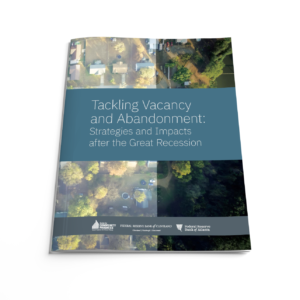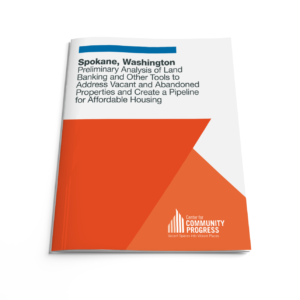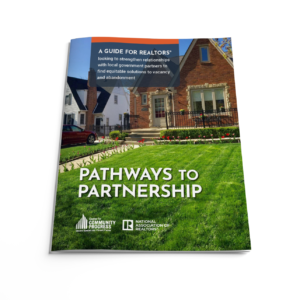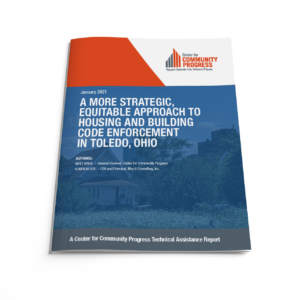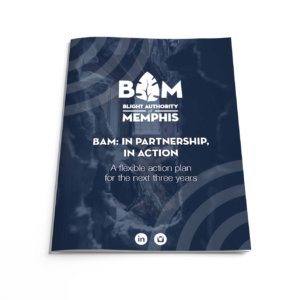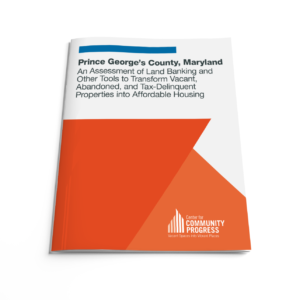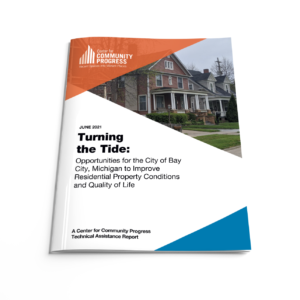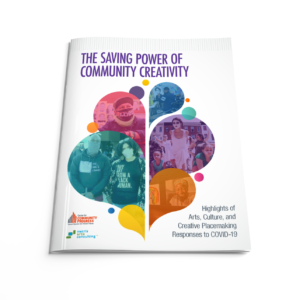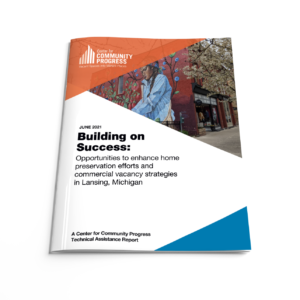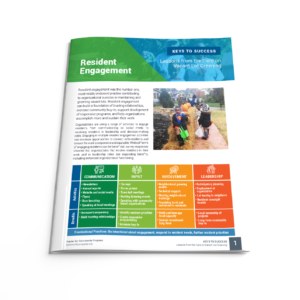Publications
Community Progress publishes reports, case studies, and toolkits to help communities across the country turn vacant spaces into vibrant places. Download hundreds of free resources today, and sign up for our newsletter to receive the latest publications directly in your inbox.
Topic
Geography
Key Takeaways
This one-pager of our 2025 State of Land Banking summarizes survey results.
Read More »A Strategic Curriculum for Local Practitioners Nationwide
A guide to training your code enforcement officers to help achieve your department’s ultimate goal: Compliance.
Read More »Analysis and Recommendations
Analysis and strategy recommendations for using code lien foreclosure in service of neighborhood revitalization while minimizing unintended harm.
Read More »Recommendations to Promote Equitable Code Compliance for Substandard Rental Properties
Community Progress assessed Providence’s code enforcement approach for deteriorating, occupied rental properties and recommended improvements.
Read More »2026–2030
The Rochester Land Bank’s new strategic plan reimagines its role in revitalizing vacant properties, expanding homeownership, and strengthening neighborhoods.
Read More »A Strategic Curriculum for Local Practitioners
A curriculum for training code enforcement officers, focused on compliance without unintended harm.
Read More »Regarding Approach to Acquisition and Disposition of Nontraditional Properties
The memo outlines 12 recommendations for the WCLB to improve disposition of challenging properties, strengthen partnerships, and align operations with broader goals for housing, sustainability, and economic development.
Read More »Next Five: 2025–2030 Strategic Plan
“Next Five” is a strategic plan for the Detroit Land Bank Authority for 2025-2030, developed by Community Progress in partnership with DLBA.
Read More »Addressing Vacant and Abandoned Properties through Code Lien Foreclosure
Guidance for dealing with the community’s vacant, abandoned, and deteriorated properties.
Read More »How Land Banks May Help Address the Crisis
Ways that land banks in rural communities can use their powers to help address homelessness and emergency housing needs.
Read More »
